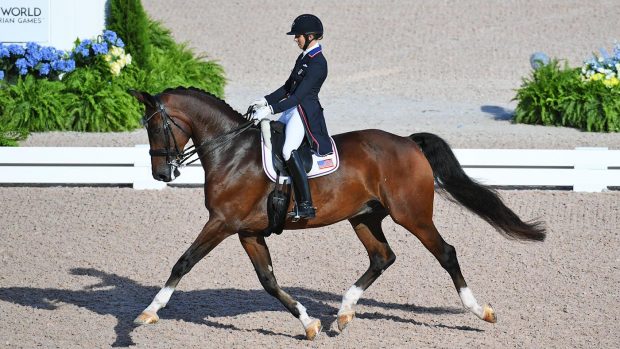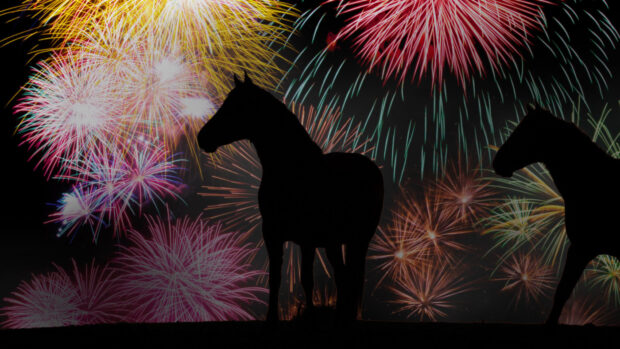14 June 2002
Warning issued to gardeners over the dangers of feeding grass cuttings to horses following the death of two donkeys in Surrey
Following the death of two donkeys in Surrey this week,gardeners are being urged not to feed grass cuttings to horses or ponies.
Early summer sees an increase in lawn mower activity as gardeners try and keep their lawns looking neat and tidy. Wet weather coupled with warm temperaturehas led to lush grass that grows quickly and disposing of the clippings can prove a problem.
It is a common myth among non horsey people that lawn cuttings can be fed to horses, ponies or donkeys, but as Dr Derek Knottenbelt from University of Liverpool’s Leahurst Equine Hospital explains, it can have dire consequences:
“There are two reasons why grass cuttings are bad for horses. The first is that grass cut from lawns generally tends to be high in protein and carbohydrates as a result of being fed fertilisers.
“The second is that the cuttings are not normally fed fresh. Instead they are given when they have begun to wilt and this can cause fermentation in the gut which in turn can lead to a twist in the gut or gassy colic.”
Nichola Gregory from the British Horse Society has the following advice for horseowners: “In vulnerable areas where grazing backs on to residential areas owners should display notices asking people not to feed grass cuttings as they can kill.
” Owners should make it their duty to inform neighbours and friends that they should not feed grass cuttings.”
Grass cuttings and clippings should be disposed of well away from all livestock, either on a compost heap or at designated local tipping site.
Read more about grass:



